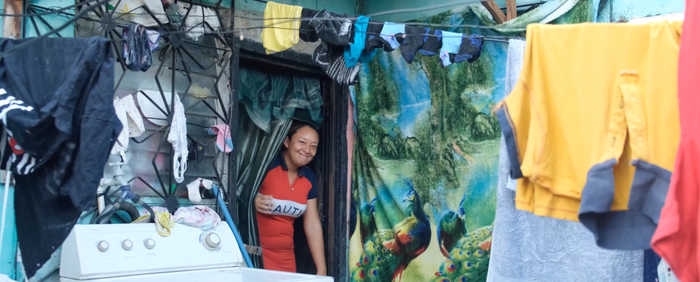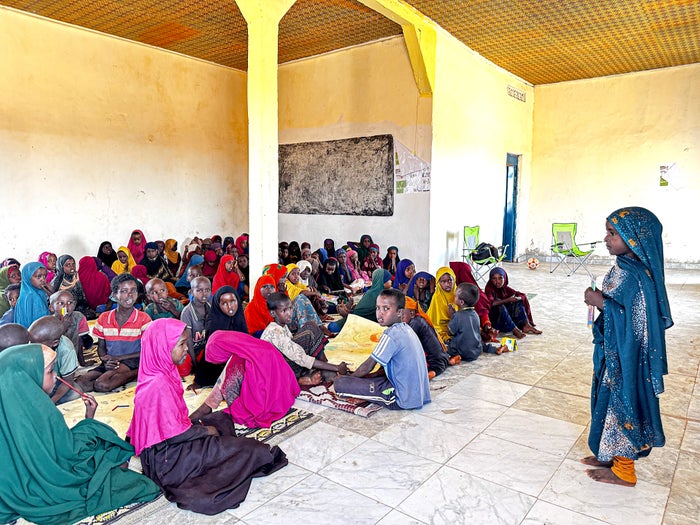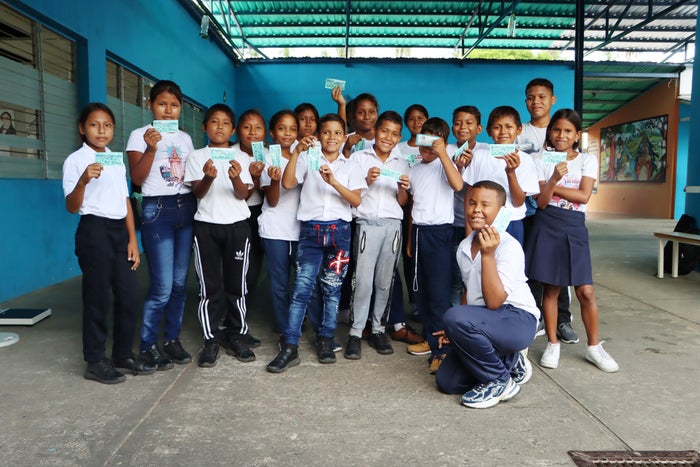Story continues after "In the places Childhood Rescue works..."
In the places Childhood Rescue works...
- Access to social services is very difficult, or non-existent
- Hospitals are often over-crowded and physically hard to reach by bus or walking
- NGOs and local organisations are often first responders to a crisis
Join Rafa for a short Friday drive through Honduras
It's very difficult to contemplate the alternative scenario here, had Gabriel's mother not been known to our Childhood Rescue team. Despite the severity of his injuries, there may have been no other help for this young boy.
Just incase you need a little reminder, Childhood Rescue exists to help children survive, recover and build a future in places often forgotten and too dangerous for many to reach.
No day is ever the same, which is why our programs are designed to sure we can respond to 'in an instant' moments, like in this video.
Gabriel, is lucky to be alive. He chose to share his story and his gratitude on the day was very real.
Your gifts may go around the world, but they help change lives in local ways.
What can I do?
Here's three ways for you to go a little deeper - chat, act or share!
- 1
Ask a Question
Got something you don't quite understand? Ask a question and we'll get you an answer direct from our amazing project staff.
Ask Away - 2
Donate
Every gift makes a difference. Our Childhood Rescue fund helps children living in the world’s most dangerous places.
Donate Now - 3
Share on Social Media
Raising awareness is vital. Help make people aware of the situation and the difference we can make, together.





